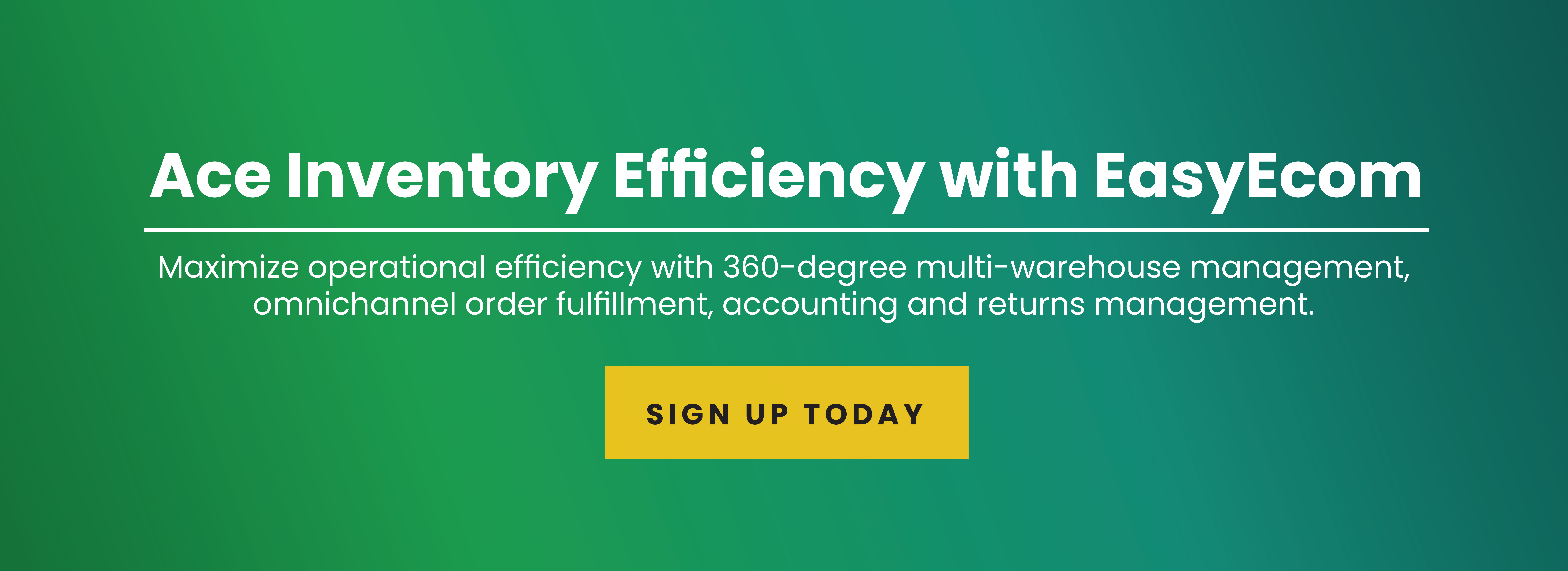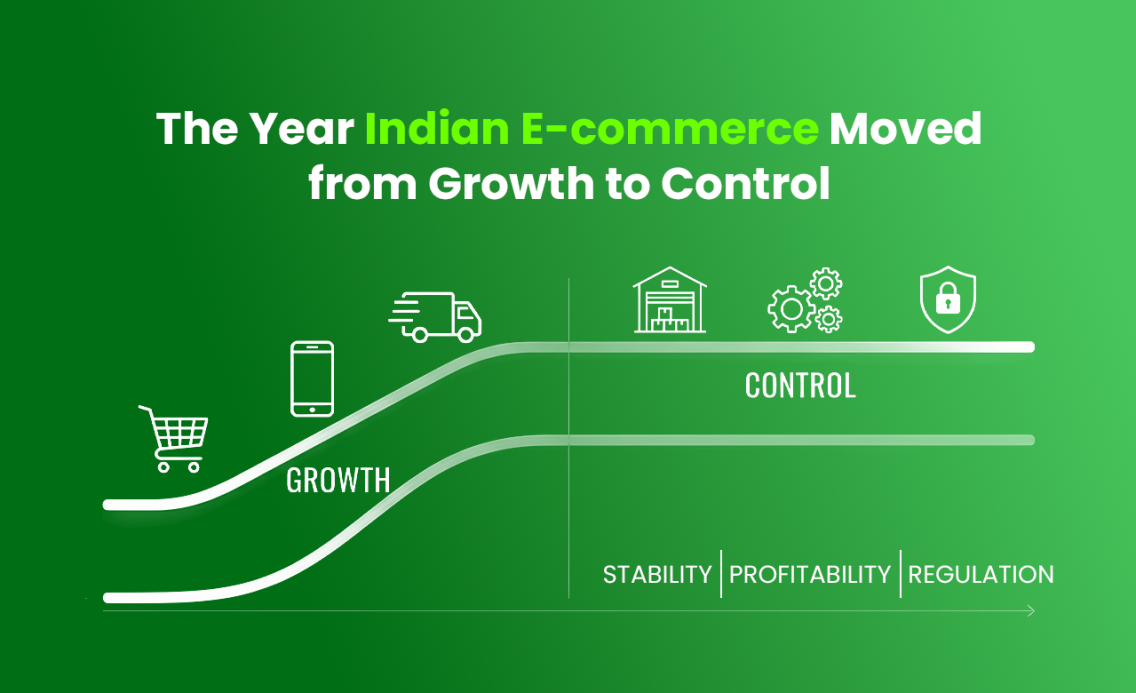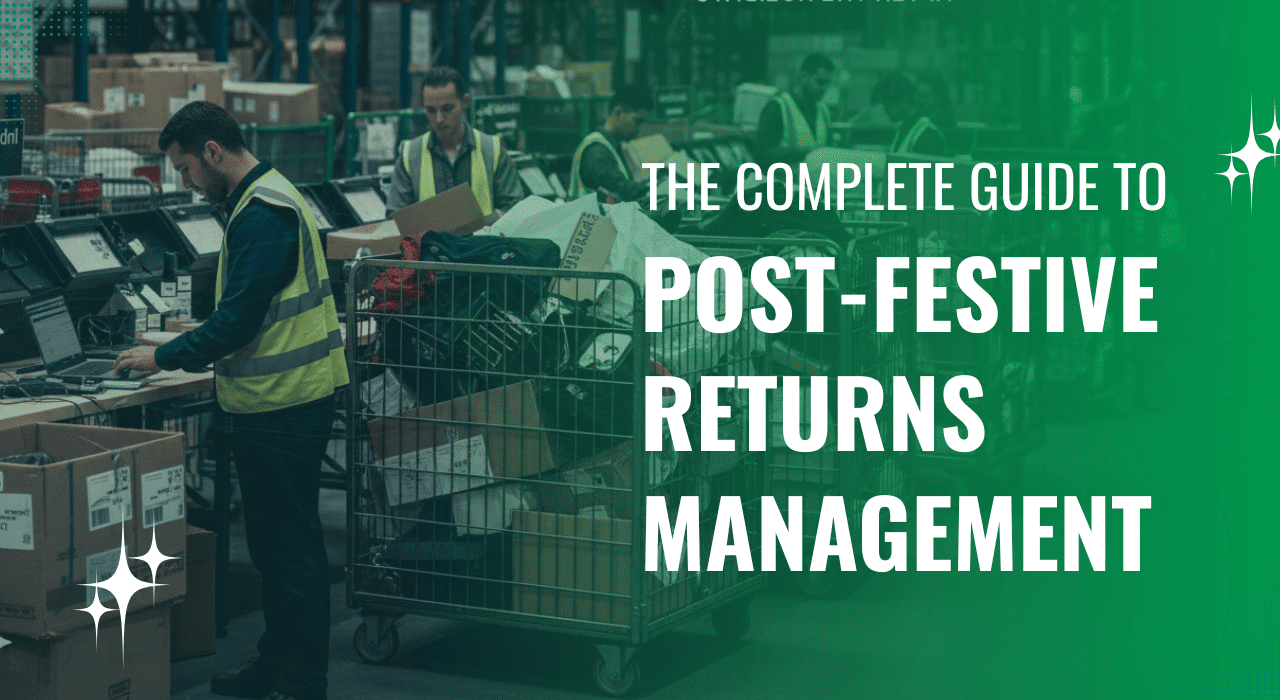Are you looking for a inventory management software business and don’t know where to get started? Well, knowing that you need one is a good start and we will take it from there.
But before you decide to go shopping, make sure it checks the following requirements that seem quite basic but can save you a lot of frustrating hours in the future.
Support: Regardless of what you are buying, support from the seller is of utmost importance. In this particular case, there could be different levels of support system offered by the service provider.
A dedicated support team, onboarding service, and knowledge base for reference can go a long way in strengthening your relationship with the service provider. So, it is important that you assess the kind of support you will receive throughout and then make a decision.
Reliability: Every software or service is prone to failure points or bugs on occasions. What separates them is the reliability factor. The maintenance and bug fixing shouldn’t take long and they should keep you in the loop while doing so. One way to figure out who’s more reliable is to check customer reviews on different listing platforms.
Ease of use: An effective inventory system should be easy to understand and its usability must appeal to everyone working in the inventory management department. Now, ease of use doesn’t mean less advanced features but it should be organized in a way that those who need to operate this find their way easily around the functionalities.
Price: Based on your user requirements and the specific features you need, compare different service providers and pick the plan that suits you the best. Most of the service providers offer flexible pricing for different packages.
Now that you have knocked off the essentials from your list, the next step is to browse through the features and pick what you immediately require, what you might need, and what would be good to have in your inventory management software.
For ease of understanding, we have categorized these features into different levels of a typical eCommerce supply chain.
Purchase Order and Stock Management
Strong purchase order and SKU management functionality ensure that you have real-time access to stock updates and adequate stock availability across warehouses to timely fulfill orders.
eCommerce brands today are present on all the major platforms and manually keeping track of all your stock listings on these marketplaces is nearly impossible. This gives rise to the need for a centralized inventory management feature that you should look out for in your inventory management software. This allows you to provide complete control over your inventory across all channels and efficiently manage the business growth.
"A centralized platform gives you visibility over your entire inventory movement."
And, this inventory movement can be managed using a Warehouse Management System (WMS). While you can always have a separate WMS, handling inventory becomes a lot easier if it comes with your inventory management software.
The WMS solution can be integrated with different sales channels and tracking stock level, product history, along other product specifications becomes easier.
Having said that, not all businesses require warehouse management, particularly when they are outsourcing to 3PL and 4PL companies. But you should be prepared if situations were to change. It’s always good to have a backup plan.
The key stock management features that you should be looking at include the following:
Barcode scanning and tagging: To help you easily keep a track of inventory.
Inventory Alerts: To help you easily identify whenever your stock reaches a threshold limit to avoid stock-outs.
Report generation: Based on the sales history for your popular products or those that have not reached the expected sales levels, you can manage inventory and take action to avoid any future mishaps.
Multiple warehouse management: If you are managing multiple warehouses and points-of-sale (POS), look out for a system that offers these capabilities, all integrated within a single platform for easier management. For the eCommerce businesses that outsource their fulfillment services, make sure the inventory software has the right integrations.
Stock returns handling: To smoothen your return process and ensure you only list back and sell returned products that meet your quality standards
Inventory optimization: This is important if your products have seasonal demands to ensure you only always maintain optimal stock at your warehouses.
Sales Management
There are two aspects to sales management-
There are features that help you with order fulfillment while maintaining optimal inventory levels. This provides you with an intuitive process to follow for creating orders and updating stock levels. These include the following:
POS integrations: It allows you to keep your business operating at maximum efficiency with the ability to track, reorder inventory, and transfer items between different storing units.
Label Printing: This feature makes tracking easier during complete inventory and shipping management.
Shipping management: Your inventory management software must provide integrations with multiple logistics providers. Automating carries management reduces time to process orders and also minimize labor cost in the process.
The next set of features helps you with sales management. This majorly involves B2B eCommerce order management.
A typical order management routine of this sort involves three important aspects-
- Sales tracking: This feature allows you to track different deals closed by your sales team and the revenue they generate. An ideal inventory management software offers access to salespeople, dealers, and administrators for a well-coordinated supply chain.
- Wholesale Management: Wholesale business transactions for B2B eCommerce can be easily managed with software that doesn’t require segregating wholesale and regular eRetail business. You should be able to adjust inventory across channels, generate purchase orders as well as invoices for wholesale orders.
- Suppliers Management: This feature ensures that your businesses receive a positive return on investment for all the money spent on the suppliers.
Integrations
Your inventory system acts as a backbone for all your sales channels, logistic platforms, CRM, accounting, and reporting systems. So, one of the most crucial features to look out for is the integrations offered by the software.
Before making a choice, do a quick round-up of all the apps and platforms you are using for your eCommerce business. Following are the major integrations that you should consider:
- eCommerce marketplaces
- eCommerce storefronts
- POS
- Shipping and Fulfillment
- Accounting and Payment
- ERP
- CRM
- Warehouse Management
Reporting and Data Analytics
"Reporting and data analytics keep you in check and help you realize the true potential of your eCommerce business with actionable insights".
While making your mind about a software to help you with inventory management, make sure you check the analytics tools it has to offer.
An ideal solution should be able to provide you with comprehensive reports and a channel-wise breakdown.
Here’s what your reports should include:
- Complete sales and return data
- In-depth predictive analytics
- Inventory replenishment reports
- Overall Margin & profitability Reports
- Trending products
- Repeat purchase history reports
- Reports on products frequently bought together
Inventory Forecasting
Inventory forecasting, as self-explanatory as it is, predicts inventory levels for the future that largely prevent you from disappointing your customers.
One of the most essential benefits of inventory forecasting is that you can spend your resources wisely. Keeping track of supply and demand helps handle purchase orders better.
It’s crucial to maintain the right amount of inventory to support service level expectations and to have tools to automate that process. Inventory forecasting can be a challenging task if you maintain a large inventory level.
Hence, it is always suggested to integrate with an IMS that can automate this process for you and recommend the exact count of inventory you need to purchase.
All platforms don’t necessarily offer this feature but it can be a real asset if used right. It can help you:
- Cut down on inventory holding costs
- Reduce product waste
- Minimize stock-out
These are the essential features you should ideally consider while going shopping for your inventory management software for eCommerce. But we advise you to take your time while settling on the plan that you need based on what your business requires immediately and might need as you expand.
To end with, here is an infographic that summarizes key reasons for investing in a cloud based IMS.
Are you looking for an omnichannel inventory management solution with integrated wholesale order management for your eCommerce business? Drop us a line at care@easyecom.io or directly sign up for a demo here.

.png)












